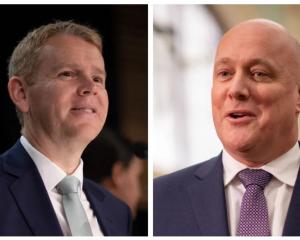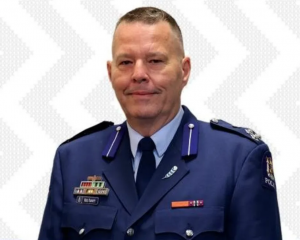A Wellington historian is seeking help to bring to life a long-ignored part of New Zealand's military history - compulsory military training and national service.
Peter Cooke has devised a questionnaire and wants as many of the estimated 86,000 men called up for between 1950 and 1972 as possible fill it out.
It asks them to share experiences such as their reaction to being called up, what they liked and disliked about their service, whether they had any physical or psychological problems, and whether their service provided them with skills which benefited them later.
He plans to use the information in a book to be published in 2010 which will be the first authorised history about compulsory military training.
Mr Cooke has already begun to examine a mountain of files held at the National Archives, and has also been given access to previously non-public records held by the Department of Labour.
But he said last week he wanted the book to be more than just facts and figures.
"I also want to share some of the men's personal accounts and experiences."
More than 400 questionnaires had already been returned, he said.
Respondees were thrilled someone was interested in their experiences.
"Many men have told me no-one has paid attention to their [compulsory military training] stories before."
This year marks the 60th anniversary of the referendum which asked New Zealanders whether compulsory military training should be introduced.
Mr Cooke said with New Zealanders fearful of the communist threat in China and Russia, it was not surprising 78% voted in favour.
When the scheme was introduced the following year, virtually all men were expected to train with the army, air force or navy for several weeks a year over three years once they reached the age of 18.
Women were exempt.
In 1961, a "birthday ballot"system was introduced where 18-year-olds' names were drawn from a hat.
National service was ended by Norman Kirk's Labour Government in 1972.
Questionnaires: petercooke@paradise.net.nz












